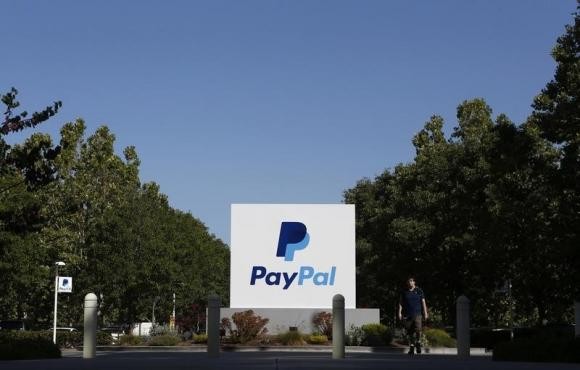An increasing number of Chinese businessmen are deciding not to use PayPal anymore.
A Shenzhen-based retailer claimed that majority of merchants experienced having their accounts seized by U.S. courts following lawsuits, resulting in their money being trapped into their accounts or being transferred out by PayPal. Many claimed they have been scammed.
Chinese retailers are now opting to go back to banking transfers instead of using PayPal to be paid. A phone accessories retailer surnamed Lin told the Global Times that he is scared of using PayPal now after a very worrying incident where he lost as much as $6,500.
"I dare not use PayPal anymore. Now I turn to banking transfer, which is safer and more reliable," Lin said.
According to Lin, $6,500 was transferred out by PayPal under the premise that it is ruled by a U.S. court judgment. The court alleges that Lin infringed on U.S. clothing company True Religion's trademark.
Lin, however, believes that he was just scammed. Lin further explained the "True Religion" incident, saying it was not his transaction to begin with. Lin said that his friend was contacted by a foreign client wishing to buy fake True Religion pants and pushing to conduct the payment through PayPal. Because Lin's friend does not have an account, Lin lent him his. By December, Lin's account was frozen even though no counterfeit deals were made at the time or any time afterward.
Lin said that it was so cumbersome for him to get his money back or clear his name.
"I have no money to afford a reliable U.S. lawyer, who costs $300-$750 per hour, for lawsuits. And I also do not want to have to deal with troublesome litigation in a foreign country," he shared. This is why he is back to using bank transfers.
Lin is not the only one with such bad experiences with PayPal. Around 5,000 PayPal accounts in China were frozen since April 2014, trapping millions of U.S. dollars.



























